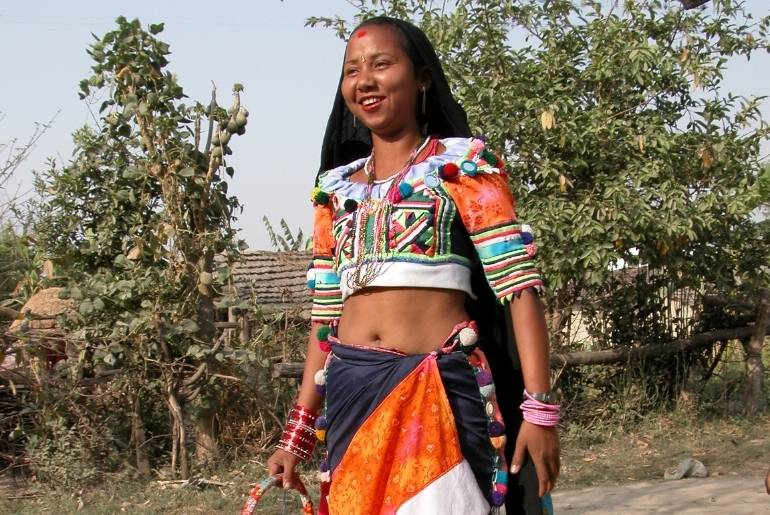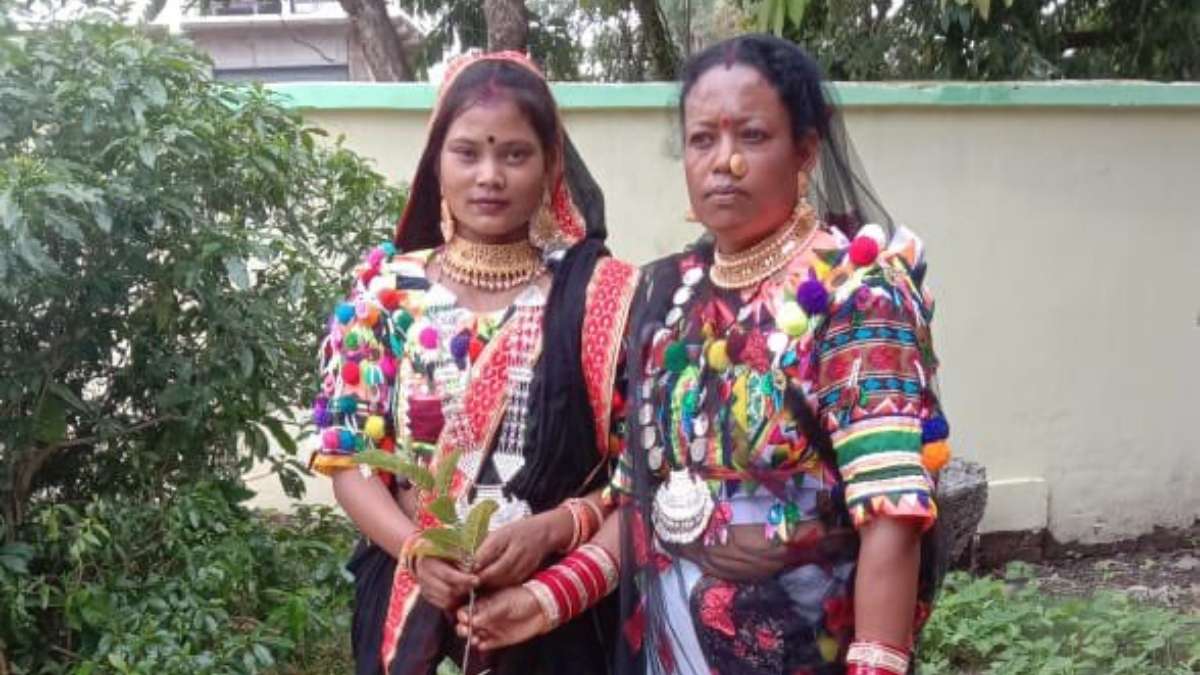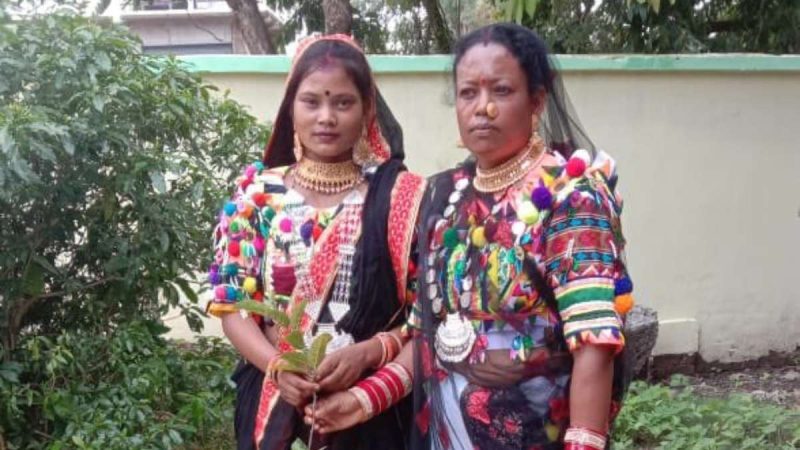One of our favourite festivals, Diwali, is just a few days away, and we’re already on a mission to make it memorable by celebrating it with friends and family. This festival marks the return of Lord Rama to Ayodhya, symbolising the triumph of light over darkness. However, not everyone celebrates Diwali in the same way. There is a tribe in India known as the Thura tribe that observes Diwali quite differently—through mourning rather than celebration. Keep reading to learn more.
Indian Tribe Mourns On Diwali

The Tharu tribe, who reside in Rajasthan, Uttarakhand, and Uttar Pradesh, as well as parts of Nepal, has a unique tradition that sets them apart from mainstream Diwali celebrations. This tribe is named after the Thar Desert of Rajasthan, who are believed to be the descendants of Rajputs and are considered one of India’s major tribes. According to an NDTV report, along with their fascinating history, they have several unique cultural practices, including a very unusual way of observing Diwali.
During this festival, when people all over India celebrate with diyas, burn firecrackers and eat sweets, the Tharu tribe remember their deceased loved ones. For them, Diwali is a time of reflection and mourning rather than joy. This practice is still unknown to many people. During this time, instead of celebrating the return of Lord Rama, they honour and pay tribute to family members who have passed away.
Also Read: Good News! Government Directs All Airlines To Maintain Reasonable Airfares Ahead Of Diwali
Here’s The Ritual They Follow
India is home to over 1.7 lakh Tharu people, with another 1.5 lakh residing in Nepal. On Diwali, the tribe prepares a doll in memory of their deceased relatives and ceremoniously burns it, reported NDTV. Following this ritual, family members gather for a feast. This unique celebration highlights Tharu’s belief in honouring ancestors and preserving family traditions.
Moreover, in the Tharu tribe, women play a crucial role. In certain clans like Rana, Khatouliya, and Dagaura, women are the heads of their families, making key decisions and leading household matters.
Have you ever heard about this tribe and their unique ritual? Let us know in the comments below!
Cover Image Courtesy: X/ @kshiprashuklaa





